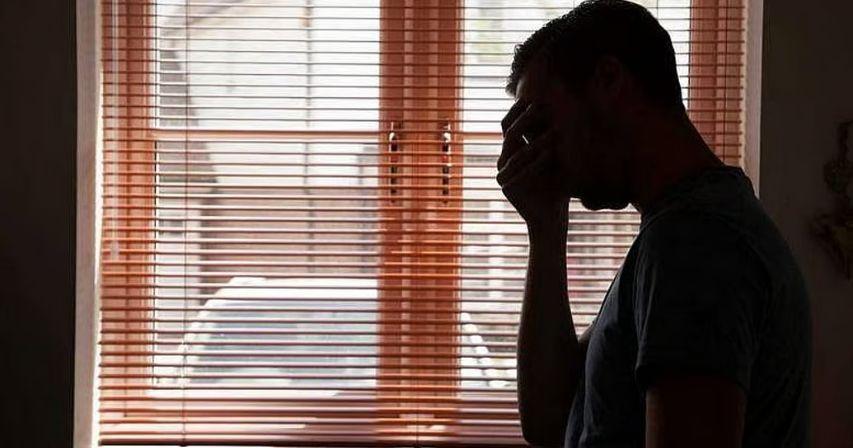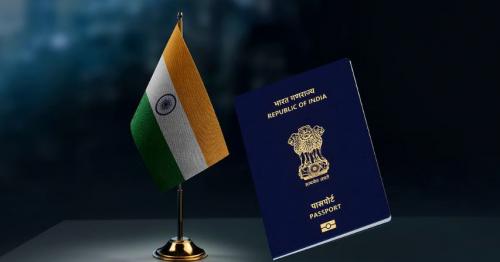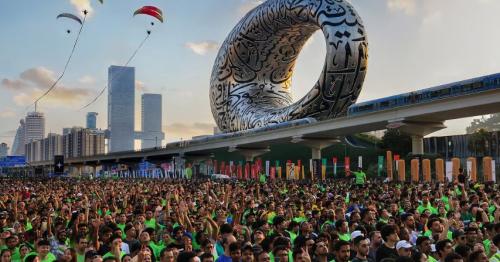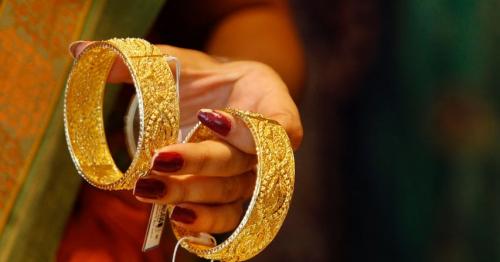‘Depression meant weak faith’: UAE residents challenge mental health stigma

Mental health is finally off limits for some UAE residents — despite a culture where admitting to emotional challenges was once considered a sign of weak faith or character.
A growing number of Emiratis and expats understand that stress, burnout and depression are not spiritual or moral failings, but very real issues that can be understood, empathised with, cared for and treated by a professional.
In Cigna Healthcare’s 2025 International Health Study, which polled more than 11,800 respondents in 13 global markets, 27 per cent of UAE residents rated mental wellbeing as their number one personal health priority, slightly more than those who said physical health (26 per cent). Mental wellbeing among those polled in the UAE was recorded at 64 per cent, seven percentage points higher than in 2024 and 21 points above the global average.
However, while the growing awareness around mental wellbeing is a positive step, emotional pressures remain high. Some 80 per cent of those surveyed said they often feel agitated, 76 per cent say they overreact to things and almost 79 per cent of women report struggling to get started on tasks.
The worst-affected group appears to be young adults, with one in five aged 18-24 saying their stress levels are unmanageable. Work-related pressure also remains a problem: 84 per cent report ongoing stress, and 41 per cent of respondents said stress and anxiety interfere with their sleep.
Evolving cultural perceptions
Mental health experts say cultural attitudes are beginning to shift — and change is happening slowly, but with purpose.
“In my practice, I often hear a sense that to struggle emotionally or spiritually is to be ‘weak in faith’ or character. Clients will often come to me saying they have been told to ‘just have faith’ or ‘pray more.’ But without emotional support, no amount of platitudes about ‘being in God’s hands’ can help,” said Girish A. Hemnani, a life coach and energy healer based in Dubai.
“It can become toxic advice, where one is told to ‘spiritual bypass’ an emotion, or to hide from or ‘flip’ the problem instead of dealing with it. I have even seen ‘very spiritual’ people who say they are experiencing a ‘declining faith in faith,’ which to me means people feel they’re faking it,” he said.
“We can only ever feel (faith) when the heart is open. And the heart only opens when we are real, when we set healthy boundaries. When we learn to let ourselves feel pain instead of suppressing it, we make room for that faith. Raw, unprocessed emotion is like a wall, and we can’t connect to something we feel is beyond us when we’re blocked. But when we do the inner work to clear our hearts, it’s not that we lose faith, it’s that we reclaim it.”
A shift towards mental health awareness
Dr Shaju George, specialist psychiatrist at International Modern Hospital Dubai, told Gulf News that historically there has been a strong focus on physical health among the population of the UAE.
“In the past, the emphasis was more on diet, exercise, and preventive care for chronic diseases — while mental health took a backseat. It was a combination of social stigma, lack of awareness and education, and the underdeveloped mental health infrastructure. But the narrative has been changing in the last few years. Proactive campaigns by the Ministry of Health and Prevention (MoHAP) and major hospitals are normalising conversations around depression, anxiety, and stress management.”
Dr George noted the importance of culturally sensitive approaches. “Men, in particular, may be more inclined to bottle up their emotions due to social constructs around being strong. Working with religious and community leaders can send the message that reaching out for help does not go against faith, but is rather complementary to it. Integrating mental health care into primary health care and workplace wellness programs, and providing bilingual, affordable, confidential services, can go a long way in encouraging early intervention.”
Mental health care gains legitimacy
“It used to be that people would say ‘depression is a sign of weak faith’ or they would think that, but it’s changing and people are being more open about it now,” one Emirati resident shared.
Another added, “I used to separate my emotional state from my spirituality, but they’re so connected it’s becoming less taboo to talk about it.”
For Ravi Rao, a 41-year-old Indian national who works in Dubai’s finance industry, “we used to joke that stress and anxiety were just part of the job that we had to push through in silence. I’ve seen a few of my friends burn out, and I didn’t want to end up that way. Now I’m just as focused on my mental breaks: Therapy, meditation, prayer, I even do breathing exercises just to re-center myself. And it’s not about being weak. It’s about being smart.”
“I used to just focus on diet and exercise. But then I realised that if I’m not centred inside, I don’t feel right on the outside. Journaling, mindfulness sessions at work, all of that has helped so much.”, shared Aisha Hassan, a 31-year-old Egyptian national in Dubai.






Comments